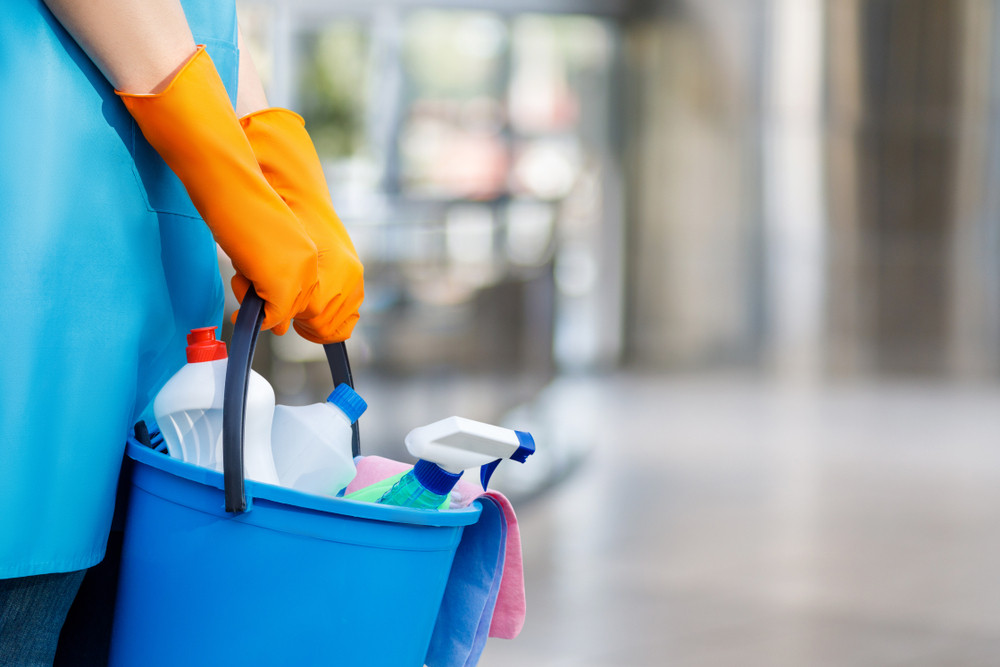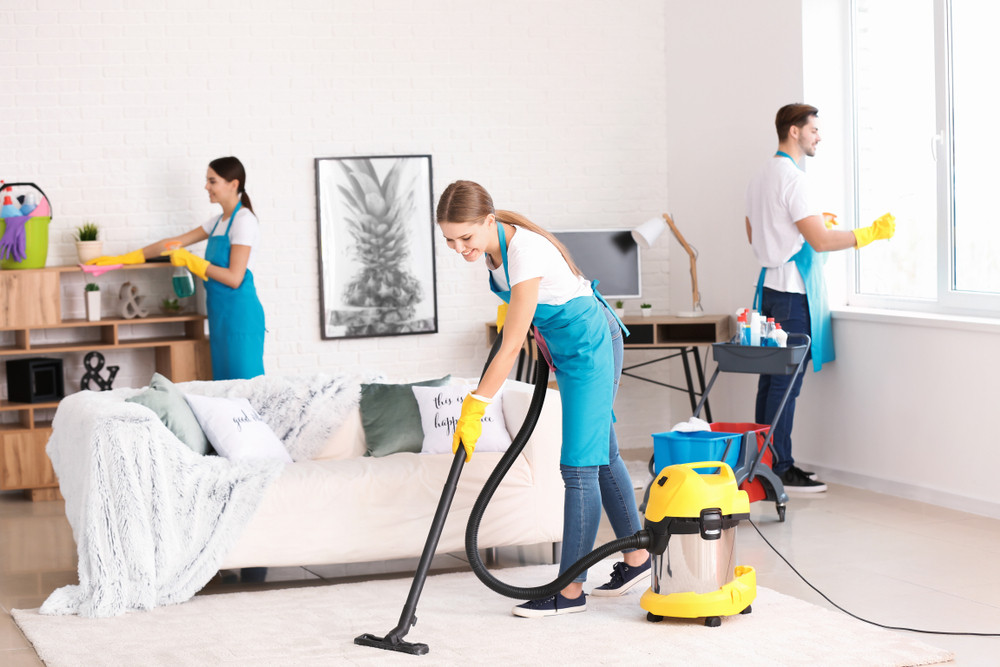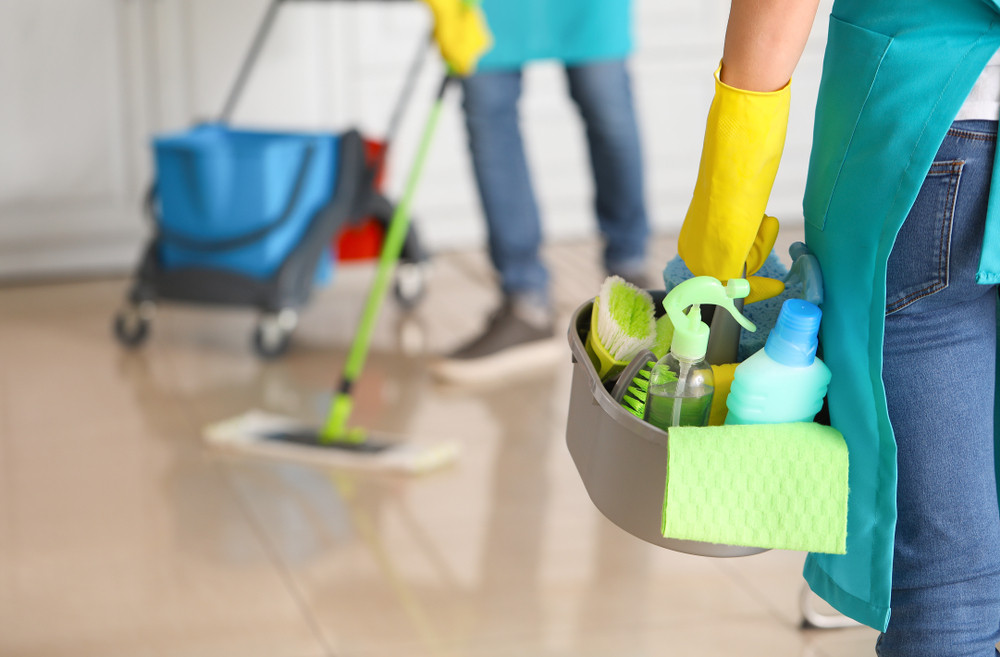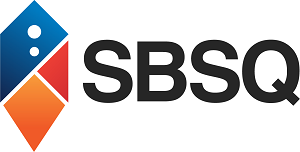We face house cleaning everyday, but anyone also enjoys the job. Some people are too busy, so the need for the cleaning business is growing more than ever.
This article is for you if you are also thinking of becoming a trader using detergents. Let’s explore in detail how to start a cleaning business here.
How To Start A Cleaning Business? 10 Steps To Get This Job Done!
Starting a business is never easy, and the cleaning business is no different. There are many steps to building a successful cleaning business.
You will have to manage most of the stages, from filling out business information to legal paperwork. Now, check out the 10 steps below to learn more!

1. Fund Your Business
You will need a solid financial base. You can think about fundraising for the business model, and this job can be tricky when you try to convince others.
You can take advantage of our family, friends, or even a credit loan from a bank.
Fortunately, a cleaning business doesn’t require a considerable amount of capital to get started. You can work on a small scale with a few tools and scale them up as you have many clients.
A helpful tip to save money is buying bulk products at the manufacturer instead of contacting retail stores. It will help reduce costs effectively so you can use it for other jobs.
2. Identify Your Target Customers
When providing services, you need to consider the target customer group. Some factors to consider include need, mobility, and personal capacity.
Identifying these factors will ensure that you can assess your resources. It helps you choose the best audience to serve.
Besides, you can research more competitors to understand the hygiene industry better. The most notable audiences are local businesses.
It would help if you analyzed and even experienced their services. As a result, you can point out shortcomings to fix later.
For most people, commercial cleaning is a complex area to access because of high resource barriers and complex operations.
Let’s narrow the scope by starting with residential cleaning. Since most people will start on their own, choose your clients carefully.

3. Choose Your Specialty
After you’ve researched the market and got an overview of the industry, you’ll need to determine the area of focus for your business.
Choose a niche based on local resources, needs, and competition. The decision-making process needs to be done carefully as it affects the license and subsequent manipulation of the law.
There are two areas of focus for a cleaning company:
- Commercial Cleaning Services
Commercial cleaning jobs are in charge of spaces such as malls, hospitals, or schools. You must clean an area and ensure a convenient passage for everyone.
For such areas, invest in specialized equipment. Cleaning time may be in the evening or midnight to avoid affecting the day’s activities.
To do a good job here, you must work in a team with a professional and systematic cleaning process. This team will need to have a specific set of routines to do the best work.
- Consumer Cleaning Services
Consumer hygiene mainly focuses on residential areas and households. Every client has a different lifestyle, so you’ll need to learn how to respond.
An essential skill when cleaning these areas is patience and attention to detail.
The cleanup process can be time-consuming, and depending on the customer’s requirements, give the rate you feel is worth it.

4. Plan The Budget
Starting a cleaning business does not require substantial financial resources to complete. However, you will need all the tools for the job to go smoothly.
Prepare a list of the supplies and equipment you will need in advance. Useful examples include:
- Latex or rubber gloves
- Paper towels
- Face mask
- Extendable pole
- Disinfectant or bleach
- Bucket and mop
- Dustpan and broom
- Cleaning rags or towels
- Paper towels
- Vacuum cleaner
- Duster
- Glass cleaner
- Toilet cleaner
- Trash bags
- Sponges
- All-purpose cleaners
- Spray bottle
- Scrubbing brushes
- Microfiber cloths
- Soap scum removal cleaner
However, you don’t have to buy all the equipment. Instead, reset your budget by taking a few simple steps.
- Pick some necessary equipment for your work right now and decide on a budget for it. It would be best if you had it to complete the first tasks.
- To be more specific, list the tools you will use for each different job. You will also not be confused when applying this helpful tip.
- Once listed, calculate the number of devices you need to prepare.
- Calculate each item’s cost and the total price you will pay.
- Prioritize the essential things (like a broom or vacuum cleaner). You can continue to use the money after completing the work to invest in tools.
5. Sort Out The Logistic
Transportation and supplies can make up a large part of the cost of running your cleaning business. Planning for them will make it easier to identify costs.
Factors that you should pay attention to include:
- Transportation
Transportation is the most critical issue if you own a mobile cleaning business. You will need them to get the job done.
You will need to rely on your means of transportation to determine how far you can go. It will select the radius of the places you can go and serve.
Make sure you can afford a job before accepting it.
- Supplies
The supply of supplies will depend on the number of customers and the type of service you own. Consider buying bulk equipment at Costco or Walmart if you have a large, recurring workload.
However, you should know that some clients may have other requirements for you. Sometimes, they want specific products or brands.
- Equipment
You won’t be able to complete your cleaning job without the necessary equipment and tools.
Business owners have to purchase equipment and cleaning solutions themselves. Yet, some people choose to rent products if they have financial constraints.
Rent will also have a significant impact on costs. You’ll need to check carefully to ensure your business can afford those extra fees.

6. License Your Business
You certainly cannot ignore the administrative work and paperwork when you want to set up a company.
You must register your business to hire employees, get a financial loan, or open a bank account. It also means planning your company name, business structure, or tax plan.
If you are only operating as an individual, consider your income. You will need to report income to the IRS if you receive hundreds of dollars a month and work for multiple clients.
Once you are a business owner, you can thoroughly choose the business model you want.
You can register as an individual or in partnership with others. Also, a limited liability company (LLC) is excellent in case you want financial transparency.
If your customers are mainly businesses, pay close attention to tax documents and business licenses.
- Commercial vs. Consumer
Commercial cleaning units often have contracts with large businesses or organizations before working.
Their registration process will therefore be more complicated. The scale, as well as finance, will also be much more significant.
Instead, you are a consumer supplier if you only work from home. Legal issues will be much simpler and less complicated.
- 1099 Contractor
If your unit receives a regular contract with any organization exceeding $600/year, you must provide 1099 contractors.
The IRS will request this document after observing the business’s activities.
This organization also offers an Employer Identification Number (EIN). It’s useful when you want to hire employees and don’t want to link your social security number to business taxes.
7. Choose The Rate
Cleaning prices can vary from place to place, so you must investigate carefully before deciding.
However, today’s three most popular pricing models are hourly, job type, and long-term contracts.
Choosing a pricing model will depend on the rate of return you desire. It also relates to your business model and costs.
All items or transportation will incur a fee. You need to identify them before figuring out the expected return.
As a result, you can somewhat set the appropriate rates for your service.
Besides, survey your competitors and compare their price correlation. Sometimes, a high price can be accompanied by equal quality and vice versa.
- Hourly Pricing
In the U.S., the average price for an hour of cleaning ranges from $25 to $45. You need to consider several factors before giving a specific number.
The simplest example is the scope of operations. If you want to work further away, you will need to charge more.
You also need to check the minimum number of hours to complete the work. A job that takes two hours to complete will have a different price than three hours.
However, you can also retain customers by offering hourly discounts for signing long-term contracts with them. The key to a long-term working relationship is to ensure consistent quality in the work process.
- Job Type Pricing
Cleaning has many different facets and arrays. Before quoting a quote, calculate the hours required to complete the job.
Sometimes, some people decide on a pricing option based on their work. Besides, you can set a price based on the place to be cleaned and cleaned, around $0.02 – $.05 per square foot.
The frequency or intensity of the work also determines the final price. Compared to basic maintenance and cleaning, deep cleaning will cost more.
- Term Contract Pricing
For large businesses, charging is easier if you set up long-term contracts.
In contract law, you’ll need to stipulate working hours, cleaning frequency, and client expectations. Typically, commercial cleaners must set this up as they have to deal with large organizations.
Factors to consider before setting up a contract are the size of the work, frequency, and duration.
8. Find Your First Customer
Any new business needs marketing to be able to popularize and reach potential consumers. The hygiene market is expected to reach $33 billion in revenue by 2022. So be prepared for fierce competition.
Luckily, you have plenty of options for making your business more popular and inexpensive.
- Register your business presence on social media and access community groups.
- You can chat and advertise services to your family or neighbors. They will be your first customers.
- Please make the most of your circle by reaching out to your friends and asking them to help you promote them.
- If you want access to certain areas, consider using door hangers.
- Create a brand with an easy-to-remember and unique identity. It helps potential customers remember you more.
- Use referral programs to encourage customers to refer new customers to you. Give them gifts or favors as a thank you.
- Print the flier and post it on the local bulletin board or the surrounding areas where you operate.
- Call or contact local business owners who will likely be regular customers.
- Stick advertising decals on your car or truck and move around your work area. The information on it helps people around you learn about your business.

9. Manage Customer Relationship
Always keep a good relationship with your customers. They will probably be the most active word of mouth to promote your business.
When customers are satisfied, they will comment positively on the business. You can prepare business cards to send interested customers and deliver them to those in need.
Don’t forget to offer incentives, vouchers, or gifts to longtime customers. It makes them feel appreciated, and they will love your service even more.
10. Grow Your Business
Even if you rely on customers to find new ones, you should still invest in your business’ services and online presence.
In the long run, other potential customers can refer to the service and quality of the business here. Let’s start with creating a simple Facebook account.
Other professional platforms dedicated to the cleaning industry include TaskRabbit, Care, or Handy. Ask your customers for a review after experiencing the service, as it will increase reliability.
FAQs

Do You Need A Business License For Cleaning In Alabama?
The answer is yes. Documents will be authenticated and licensed by the License Commissioner or Probate Judge.
How Much Money Can You Make From Cleaning?
In 2021, the base salary of a house cleaner was $30,190/year. They get about $14.50 per hour if they work 40 hours/week.
Customers can also tip you if they are satisfied. However, this amount is not fixed, so it isn’t easy to calculate.
Is starting a cleaning business worth it?
The cleaning business is gradually growing strongly. If you are passionate and have a strong business plan, immediately start working today.
What Do Cleaners Do In 2 Hours?
They can sweep and mop floors, mop kitchen counters, rinse dishes, and more. These jobs are the basic cleaning tasks.
The video will give you an overview of what a cleaner can do in two hours.
Conclusion
One of the simplest business models you can run is a cleaning business. The need to find cleaning companies is increasing daily with today’s busy life.
You can start a business right now with just a tiny amount of money and simple tools. The sense of responsibility and the ability to work effectively will help you gradually gain fame and increase your income.
Don’t hesitate to experiment, and good luck!

